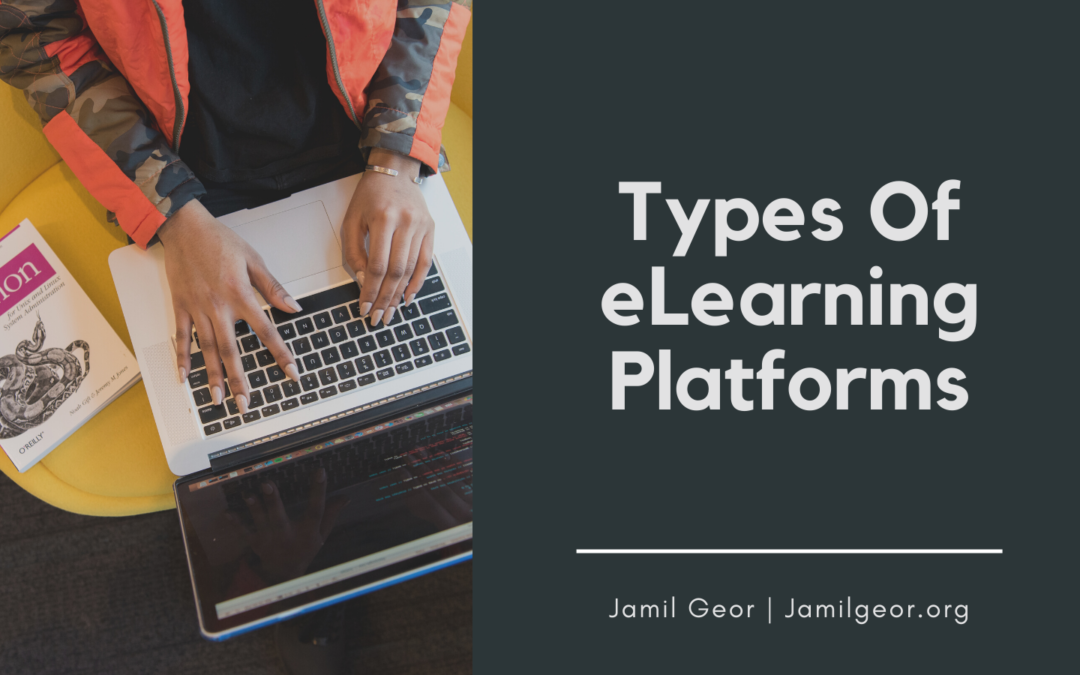An eLearning platform is a digital interface connecting learners with various learning experiences and resources. It provides the means for individuals, groups, or organizations to create or use their learning programs. Here are the different types of eLearning platforms.
Standard eLearning Platforms
Standard eLearning platforms are built for corporate training purposes, enabling companies to provide online courses, and today this is the most commonly used eLearning platform. The main difference with other platforms is that the standard can be integrated with an LMS Learning Management System. Standard or Corporate LMS is a platform that enables companies with their courses, materials, content, and related features to host them through an interface.
Specialised eLearning Platforms
Specialized eLearning platforms are typically a combination of standard and open-source platforms. They are designed for specific purposes, like agile methods or knowledge management.
Open Source Learning Platforms
Open Source learning platforms are created and maintained by individuals or companies that contribute various tools and applications to the community. These learning platforms may be accessible for personal use, but some have licensing agreements for commercial use.
Mobile Learning Platforms
Mobile learning platforms are specially designed for mobile device users. This eLearning platform will likely have a tiny footprint, making it easy to download and use from any mobile device. It helps learners make the most of their mobile devices, even offline. It’s also the perfect solution for organizations that need to train individuals in areas with no internet access or unreliable connections.
Hodge Platforms
Hodge platforms are designed to integrate with your existing learning management system. It offers the extra features and tools required by corporate clients while staying open-source, giving you complete control of your data.
An eLearning platform is a software solution that facilitates creating and publishing interactive web-based training. Examples of eLearning platforms are Adobe Captivate, Articulate Storyline, Lectora Inspire, Kivi Learning Platform, SCORM Cloud, and Canvas for Instructure. Instructional designers use these platforms to design, create, publish and deliver online content. Traditional classroom training is a form of learning requiring a classroom instructor who guides learners through the learning process.
eLearning platforms have become a viable option for training organizations and non-profit groups that face challenges in providing individualized instruction, given geography, cost, time, and authenticity.

